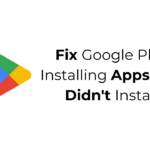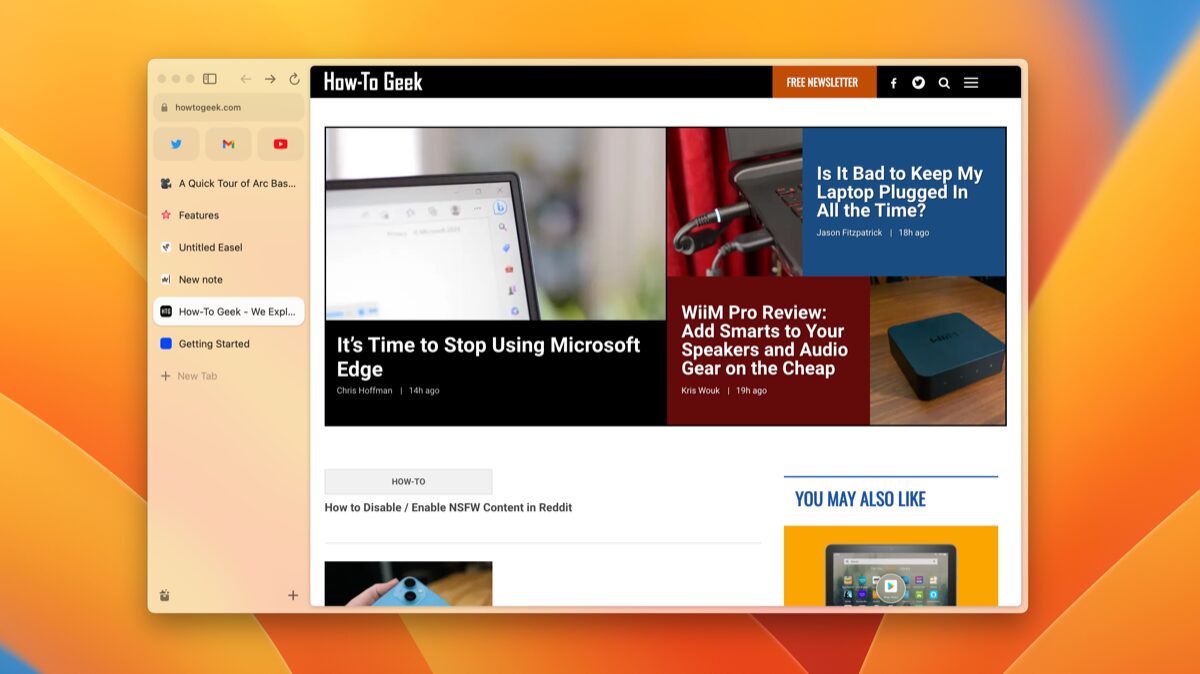Google App on iPhone Now Injects Links Into Web Pages
Google has launched a new feature in its iOS app that automatically adds links to other websites when you use the app’s browser. This feature, called Page Annotations, highlights certain words on a website and links them to Google Search results.
Google is injecting the links into pages you visit through the Google app’s built-in web browser, which display a pop-up panel of Google Search results related to the word or phrase. Google’s announcement said web publishers can opt-out by submitting a form, but there is a delay with that opt-out mechanism, and there’s no off switch for users. The only way to avoid this is to use Google Search through a web browser, or use a different search app.
When users browse websites using the Google app on iOS, they might see a modified version of the page. For website owners, this means they have little say over how their content appears in the Google app. This automatic change of links could affect website visitors and may lead users away from important actions or links on the page.
This seems to be a way for Google to promote itself within websites without asking for approval from third-party website owners. The change is also coming only three months after Google’s methods were deemed monopolistic by the Department of Justice. It’s strange that Google can do this without first making sure the websites it is affecting are okay with it.
This new feature is similar to the Google AdSense ad format introduced earlier this year. Both features turn text on a website into clickable links that show Google Search results for products or business opportunities. The main difference is how you get involved: with the AdSense format, website owners have to choose to participate, but with the new Page Annotations feature, it’s automatically applied unless the site opts out.
Businesses like Yelp have already started suing Google for their practices. This new iOS feature might worsen these concerns since it allows Google Search to be more integrated into the browsing experience, even on websites that Google doesn’t own. Something like this could open up the door to a class-action lawsuit, but it’s new, so Google may change this to an opt-in feature.
Source: Google, 9to5Google
















